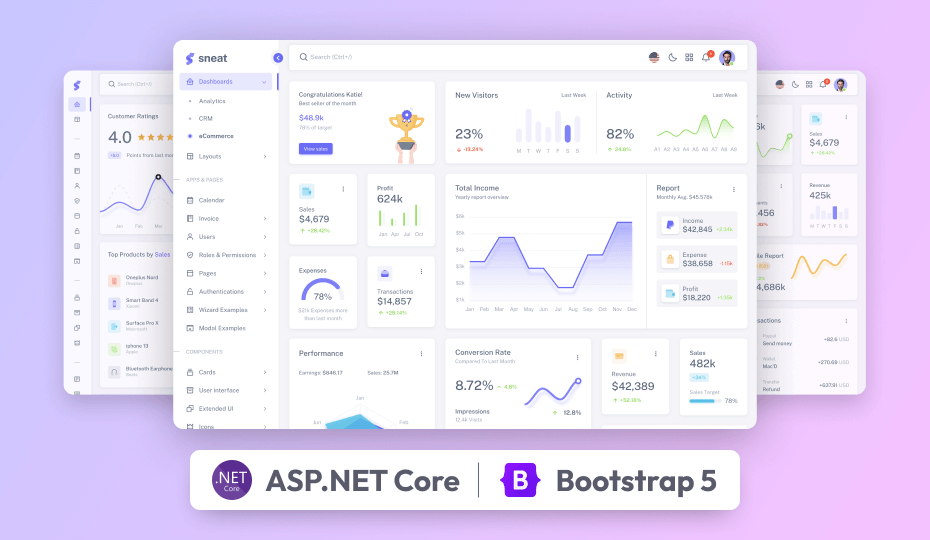泛娱乐,注册|The Role of Marketing in Building Customer Loyalty
The Role of Marketing in Building Customer Loyalty
Customer loyalty is a crucial factor in driving business success. It helps companies retain their existing customers, reduce customer acquisition costs, increase customer lifetime value, and generate positive word-of-mouth referrals. Marketing plays a pivotal role in building customer loyalty and creating a positive brand image. This article explores the multifaceted role of marketing in fostering customer loyalty and discusses specific strategies that marketers can employ to cultivate loyal customer relationships.
Understanding Customer Loyalty
Customer loyalty encompasses a customer's repeated patronage, positive attitudes, and advocacy for a brand. Loyal customers are more likely to make repeat purchases, recommend the brand to others, and remain loyal even when faced with competitive alternatives. Building customer loyalty is a long-term process that involves creating meaningful connections with customers, delivering superior customer experiences, and consistently meeting or exceeding customer expectations.
The Role of Marketing in Building Customer Loyalty
Marketing plays a critical role in building customer loyalty by creating a positive brand image, communicating the brand's value proposition, and fostering emotional connections with customers. Here are some specific ways in which marketing contributes to customer loyalty:
Brand Awareness and Recognition: Marketing activities, such as advertising, social media engagement, and content marketing, help create awareness about the brand and build brand recognition. A strong brand identity and consistent messaging help customers easily recognize and remember the brand, increasing the likelihood of repeat purchases and customer loyalty.
Communicating Brand Value: Marketing efforts effectively communicate the brand's value proposition and unique selling points to potential and existing customers. By highlighting the benefits, features, and emotional appeal of the brand's products or services, marketing helps customers understand why they should choose the brand over competitors.
Creating Emotional Connections: Marketing campaigns can evoke emotions and create personal connections with customers. Storytelling, emotional appeals, and personalized messaging can resonate with customers on a deeper level, fostering a sense of attachment and loyalty to the brand.

【4.】Delivering Exceptional Customer Experiences: Marketing plays a role in shaping customer experiences by influencing product design, packaging, customer service, and overall brand interactions. By focusing on creating seamless and positive customer experiences, marketing helps build customer satisfaction and loyalty.
【5.】Loyalty Programs and Rewards: Loyalty programs and rewards systems are powerful tools marketers use to incentivize repeat purchases and reward customer loyalty. These programs offer tangible benefits and exclusive rewards to customers who consistently engage with the brand, encouraging them to continue their patronage.
【6.】Personalization and Segmentation: Modern marketing techniques enable personalized marketing messages and tailored customer experiences. By segmenting customers based on their preferences, behaviors, and demographics, marketers can deliver targeted messaging, product recommendations, and offers that resonate with each customer's individual needs. This personalization enhances customer satisfaction and loyalty.
Strategies for Building Customer Loyalty through Marketing
To effectively build customer loyalty through marketing, businesses can implement the following strategies:

Customer-Centric Approach: Place the customer at the heart of all marketing efforts. Understand their needs, preferences, and pain points to create marketing campaigns and initiatives that genuinely address their concerns and desires.
Deliver Value Consistently: Focus on delivering value to customers at every touchpoint. This includes providing high-quality products or services, exceptional customer service, and a positive overall experience. Consistency is key to building trust and loyalty.
Personalized Customer Engagement: Personalize marketing communications, offers, and experiences based on customer data and preferences. This demonstrates that the brand understands and cares about each customer individually, fostering loyalty.
【4.】Exceptional Customer Service: Provide outstanding customer service that goes above and beyond expectations. Speedy response times, helpful and friendly support, and resolving customer issues promptly are essential for building customer loyalty.
【5.】Create a Community: Cultivate a sense of community among customers. Encourage customer engagement, interaction, and sharing of experiences with the brand. This can be done through social media, online forums, or brand-sponsored events.
【6.】Regular Communication: Communicate regularly with customers through various channels, such as email newsletters, social media posts, and blog articles. Keep them informed about new products, promotions, and company updates. Regular communication helps maintain brand awareness and engagement, strengthening the customer-brand relationship.
Conclusion
Marketing plays a vital role in building customer loyalty by creating a positive brand image, communicating the brand's value proposition, and fostering emotional connections with customers. By implementing customer-centric strategies, delivering exceptional customer experiences, and personalizing marketing efforts, businesses can cultivate loyal customer relationships that drive long-term growth and profitability.
